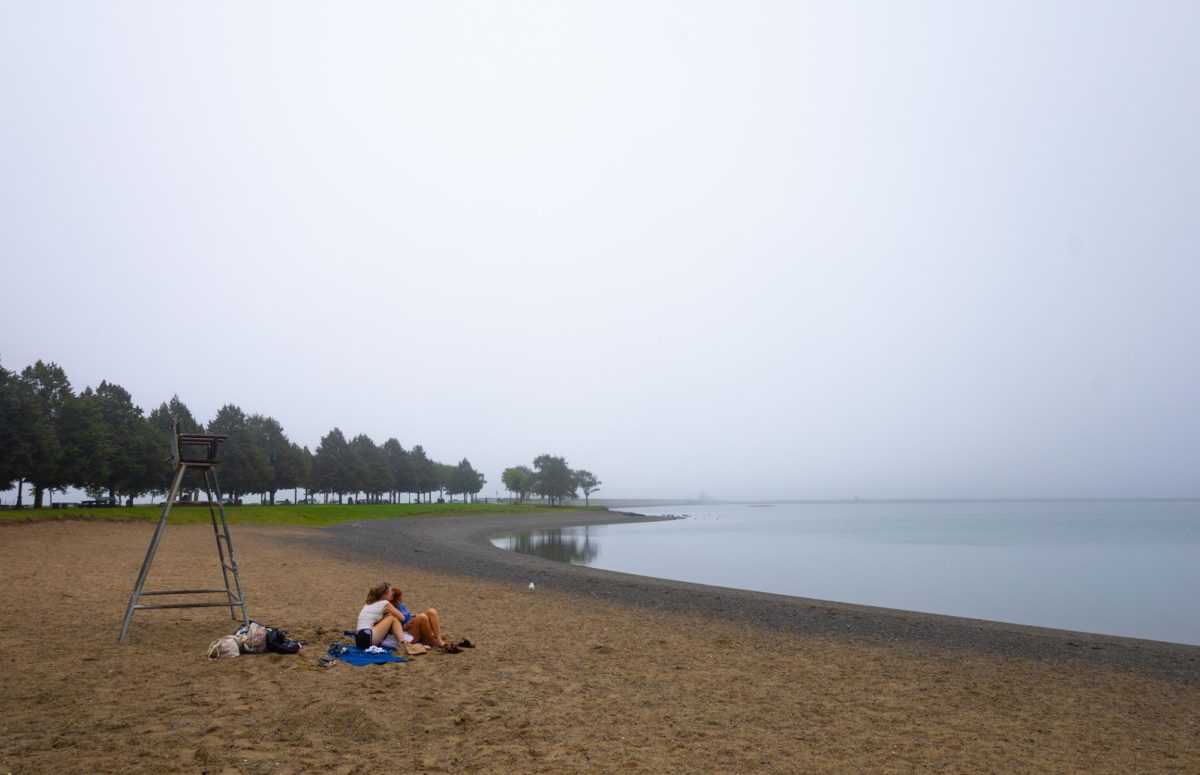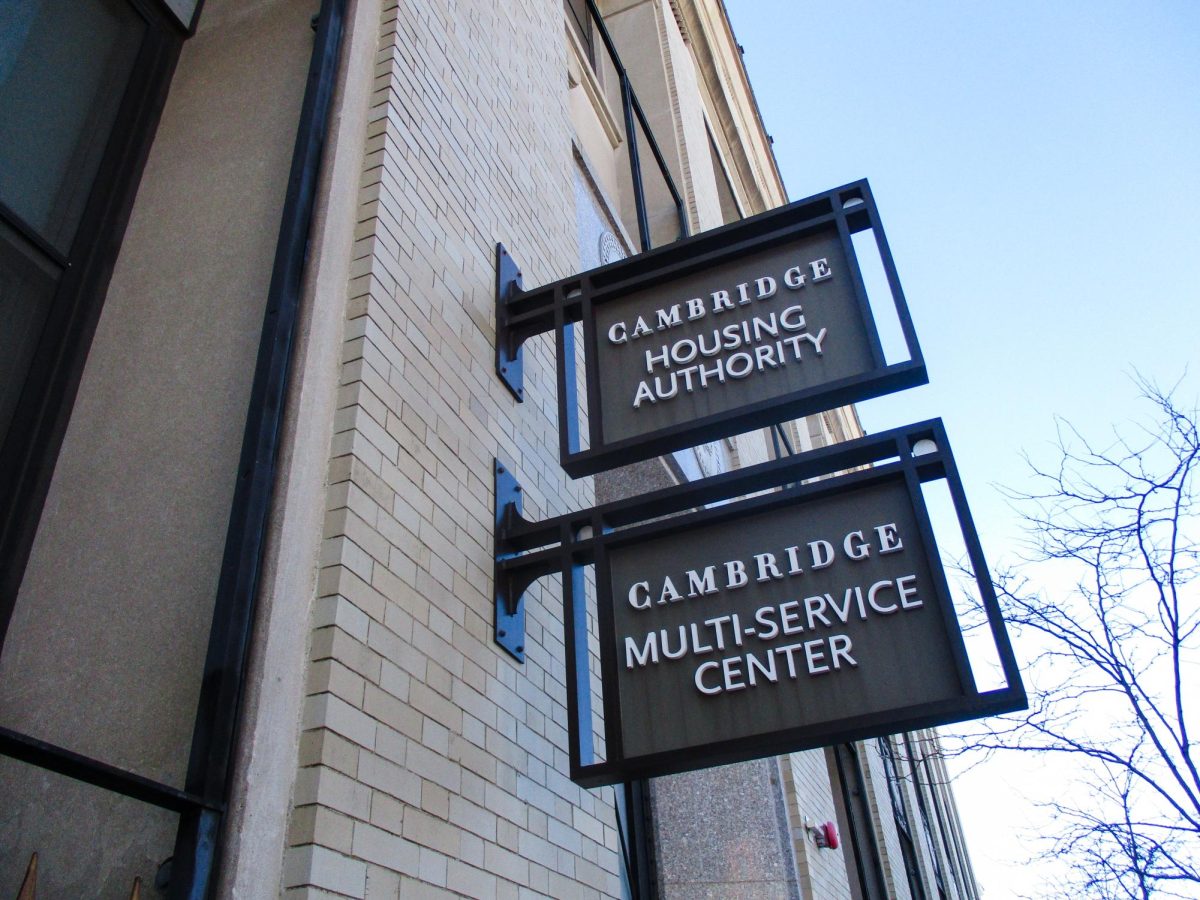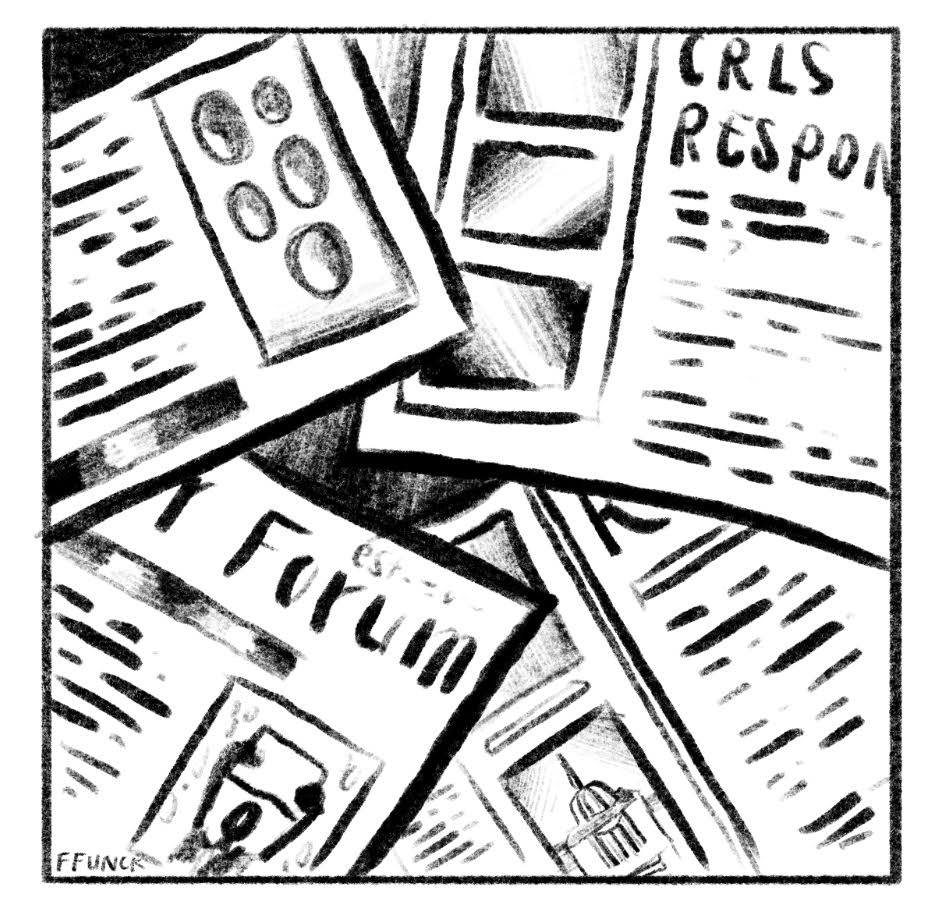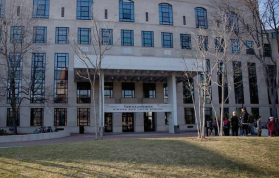Over the summer, Massachusetts experienced a wave of toxic bacteria contaminating beaches and ponds. In July, several vacationers had their dreams of a day out at the beach cut short when nearly 70 beaches were closed due to the harmful level of bacteria found within the waves of the site.
The majority of this summer’s bacterial buildup was formed from waste generated through agricultural activities. Some significant pollutants include pesticides, nutrients, fertilizers, and bacteria-filled manure, all of which can contaminate water sources through runoff and rainwater. These contaminants can be damaging to the environment, according to the United States Geological Survey, “Increased levels of nutrients from fertilizers draining into streams can stimulate algal blooms and affect stream health and recreational uses of local streams, downstream reservoirs, and estuaries… Pesticides that are transported to streams can pose risks for aquatic life and fish-eating wildlife and drinking-water supplies.” The matter of heavily used pollutants in a mega-industry like agriculture, however, is not the only problem, as this issue is multi-faceted.
Climate change is another crucial factor for bacteria in the oceans. Petra Blachley-Nelson ‘27, expresses her concern, telling the Register Forum, “I read about the bacteria on beaches over the summer. I’m someone who doesn’t go to the beach that often, but what concerns me more is how this issue might get worse in the future.” Paul McGuinness, a long-time biology teacher at CRLS, agrees with her concern, stating to the Register Forum that “rising sea levels [means] increasing bad weather conditions like extra floods, increase in precipitation, [and] stronger storms.” McGuinness adds on, stating that “this summer was one of the wettest ever, and the consequence of that is absolutely washing the land and anything that’s on the land into the rivers, into freshwater, and eventually into the ocean—and that can definitely contribute to the increase in pathogens.” Pathogens found in infected water can be formed when contaminants swept by rain meet ocean water. As a result, in recent years, the steady worsening of climate change and the increase in rainy weather only promise more cases of toxic bacteria in oceans.
At the beginning of his interview, McGuinness describes this issue as, “[a case of] out of sight, out of mind. That people don’t see what they do; they don’t care or pay attention to what goes down the drain.” This “out of sight, out of mind” mindset can be found throughout New England, as most cities are built using combined sewage systems instead of a more efficient separate system, where regular sewage and stormwater are disposed of separately. As a result, during rainy periods, Massachusetts sewage systems are flooded with waste carried in by the rain that eventually contaminates oceans and rivers.
This article also appears in our September 2023 edition.















